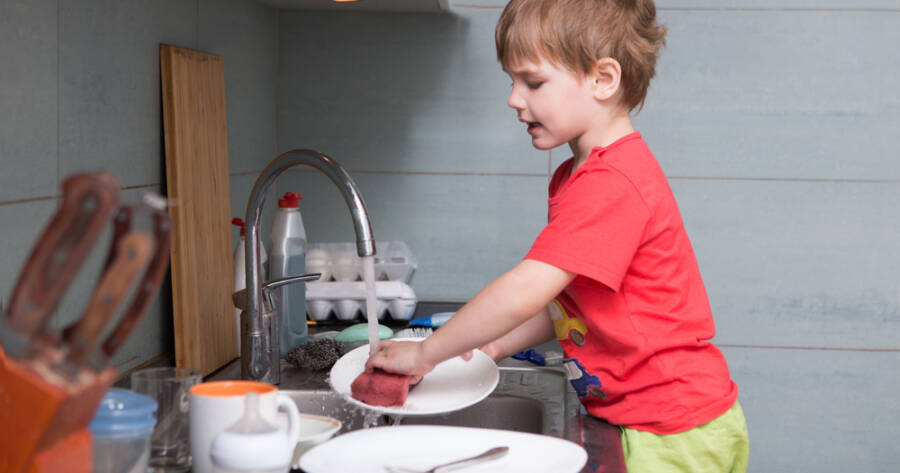Getting kids to do chores can be a challenge, but it doesn’t have to feel like a battle. With the right approach, household tasks can become fun and engaging activities instead of dreaded duties. By turning chores into games, offering rewards, and involving the whole family, parents can teach responsibility while keeping kids motivated. Making chores enjoyable helps children develop lifelong skills and a sense of accomplishment.
Turning Chores Into Games
Kids love to play, so turning chores into a game can make them more appealing. A simple way to do this is by adding a timer and seeing who can finish their task the fastest. For example, children can race to put away toys, fold laundry, or sweep the floor before a song ends. Adding friendly competition between siblings can also make tasks more exciting.
Another fun option is creating a scavenger hunt. Parents can make a list of things that need to be cleaned or organized and challenge kids to find them. Younger children can search for misplaced shoes, books, or toys, while older kids can look for cluttered areas that need tidying. Rewarding their efforts with small prizes or extra playtime can keep them engaged.
Offering Choices and Rewards
Giving children a sense of control over their chores can make them more willing to participate. Instead of assigning tasks, let them choose from a list of age-appropriate duties. This approach helps kids feel more responsible for their work and reduces resistance.
Offering rewards can also boost motivation. These don’t have to be material gifts; they can be special privileges such as choosing the family movie, staying up a little later, or earning extra playtime. Creating a sticker chart or a points system can also encourage consistency. When kids see their progress, they feel a sense of achievement and are more likely to stay motivated.
Making Chores a Family Activity
Chores feel less like work when the whole family is involved. Setting aside a specific time each day or week to clean together can make tasks feel like a shared responsibility rather than an individual burden. Parents can play upbeat music, tell jokes, or turn tasks into teamwork challenges to keep the mood light and fun.
Younger children enjoy mimicking their parents, so letting them help with simple tasks can make them feel included. They can dust furniture with a soft cloth, match socks while folding laundry, or help stir ingredients in the kitchen. Older kids can take on bigger tasks, such as vacuuming, washing dishes, or organizing shelves. When chores become a family effort, kids are more likely to participate willingly.
Teaching Responsibility Through Chores
Beyond making chores fun, it’s important to help children understand why they matter. Explain how each task contributes to the household and why teamwork is essential. For example, making the bed keeps the room tidy, washing dishes ensures clean plates for meals, and taking out the trash prevents unpleasant odors. When kids see the value in what they’re doing, they develop a stronger sense of responsibility.
Setting clear expectations is also key. Instead of simply telling a child to “clean their room,” provide specific instructions, such as “put your toys in the bin, make your bed, and place dirty clothes in the laundry basket.” This helps children understand what is expected and makes the task feel more manageable. Recognizing their efforts with praise, even for small tasks, reinforces positive behavior and builds confidence.
Creating Lifelong Habits Through Fun Chores
By making chores enjoyable, parents can teach children that household tasks don’t have to be dull or frustrating. When kids associate cleaning and organizing with fun, they are more likely to develop good habits that last into adulthood.
Encouraging teamwork, offering incentives, and making chores a part of family life helps create a positive attitude toward responsibility. With the right approach, even the most reluctant kids can learn to enjoy pitching in and helping out around the house.

